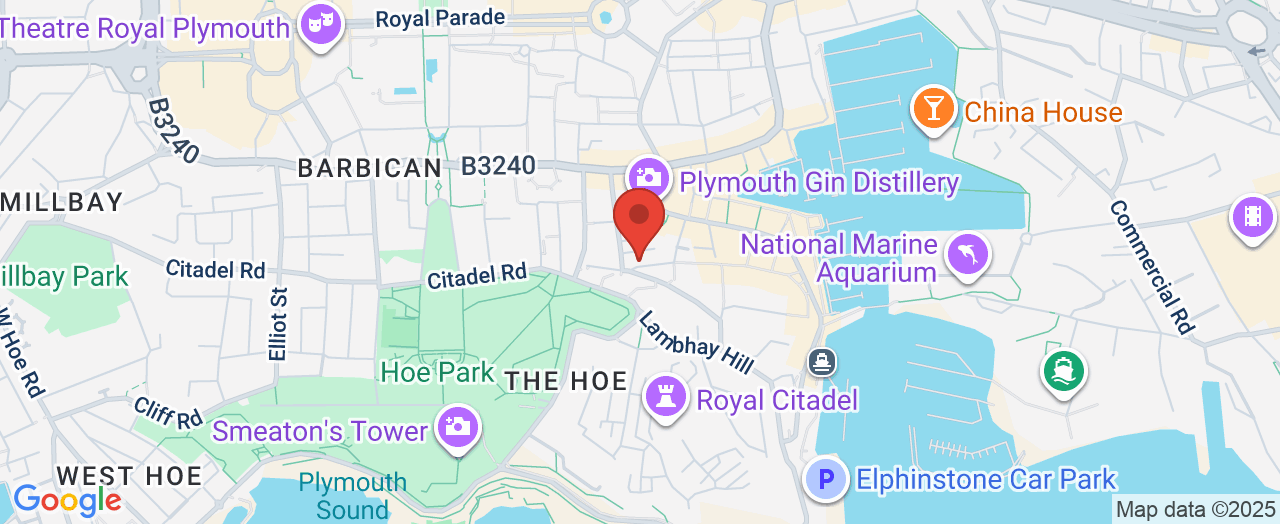25 September 2025
Unlocking the Stress: Why Parking Permits for Guest Houses Matter More Than You Think
Imagine arriving at a charming guest house in the heart of Plymouth’s historic district, bags in hand, excitement in the air—only to discover that parking is a tightly contested competition. In many city centres, even a brief stop can be fraught with uncertainty; the worry of finding legal, secure parking can overshadow the anticipation of a relaxing getaway. For many modern travellers, especially those journeying by car, the question isn’t just about what awaits inside the accommodation—but how easily and affordably you’ll manage parking right outside.
The matter of parking permits for guest houses is far more than a minor detail; it is a crucial part of the stay experience that profoundly affects convenience, cost, and peace of mind. When bookings, reviews, and recommendations often hinge on minute differences, this behind-the-scenes issue quickly rises to the forefront. With guest houses nestled on lively streets, and local parking spaces often in short supply, gaining clarity about parking permits can make all the difference. Understanding how this system works is vital for anyone planning a stress-free visit, whether you’re chasing the salty breeze of The Hoe or exploring bustling harbourside cafes. The path to a restful night might just start outside, with a well-placed parking permit in hand.
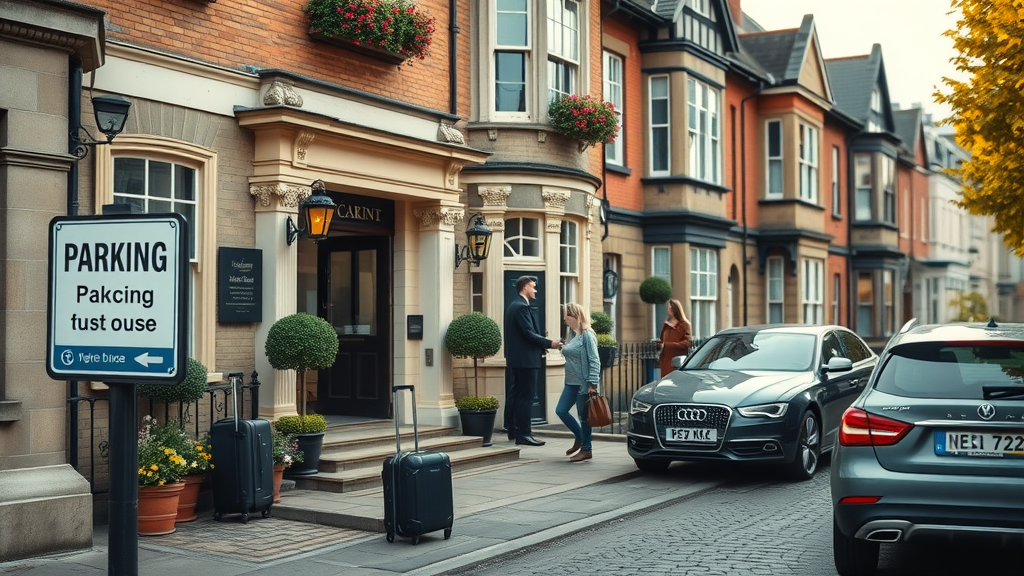
Piercing the Puzzle: What Everyone Needs to Know About Guest House Parking Permits
For those unacquainted with the urban nuances of travel, “parking permits” can seem like just another bit of holiday paperwork. However, in city-centre areas like Plymouth, understanding the rules and benefits of parking permits is central to a positive guest house experience. Parking permits are typically local-authority-issued licenses allowing vehicles to park in restricted areas—zones where otherwise, parking might be limited to residents or available for a fee. For guest house visitors, a permit serves as a kind of ticket to convenience: it can differentiate between time spent searching for elusive free spaces, and simple, predictable parking just a short stroll from your accommodation.
Without grasping how guest house parking permits function—or the benefit they provide—travellers risk encountering frustrating surprises. Restrictions, time limits, costs, and even the availability of parking are not just minor irritations but factors that can impact the entire perception of a trip. Furthermore, not all permits or parking arrangements are created equal. Some are included in the room price, while others may need to be paid for separately or could be subject to availability at busy periods. Being prepared, knowing the rules, and understanding the specifics for each guest house can drastically reduce last-minute scrambles and anxiety on arrival. Parking may seem a small matter, but its significance shouldn’t be underestimated for anyone keen on seamless travel.
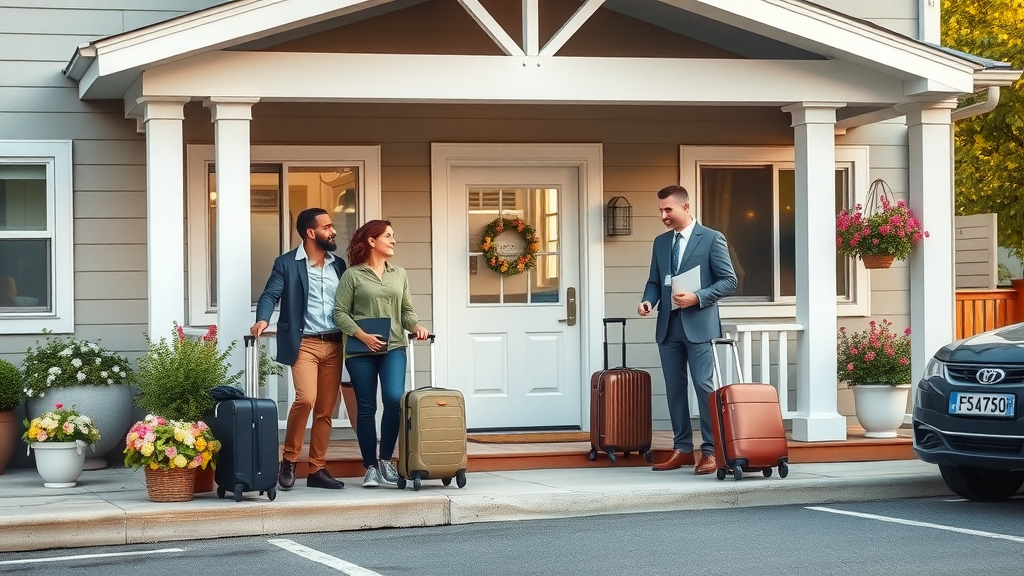
Why Parking Permits for Guest Houses Can Transform Your Stay Downtown
For many guest houses situated in lively or historic districts, such as those lining the Barbican in Plymouth, parking can become a make-or-break factor in guest satisfaction. Having a parking permit readily available through the guest house can dispel worries about expensive car parks or remote long-stay options, directly freeing up time and energy for what truly matters—enjoying your visit. Permits often mean you can park close by, load and unload luggage with ease, and avoid unpredictable daily rates that quickly add up. This small convenience translates into a much smoother arrival and departure process, especially during crowded weekends or local events when every space counts.
Real-world benefits extend well beyond convenience. Not only do parking permits simplify logistics; they often create a sense of value-added hospitality. For guests, knowing their accommodation has parking arrangements in hand offers reassurance and fosters trust. In the case of Barbican Reach, complimentary permits for direct bookers demonstrate an appreciation for forward planning and customer care. Even when the area becomes busy at peak times, guests can rest assured that clear options are available, removing a major source of travel-related stress. A focus on parking permits within the guest house experience isn’t merely practical—it’s an investment in relaxation, satisfaction, and the promise of a hassle-free trip from start to finish.
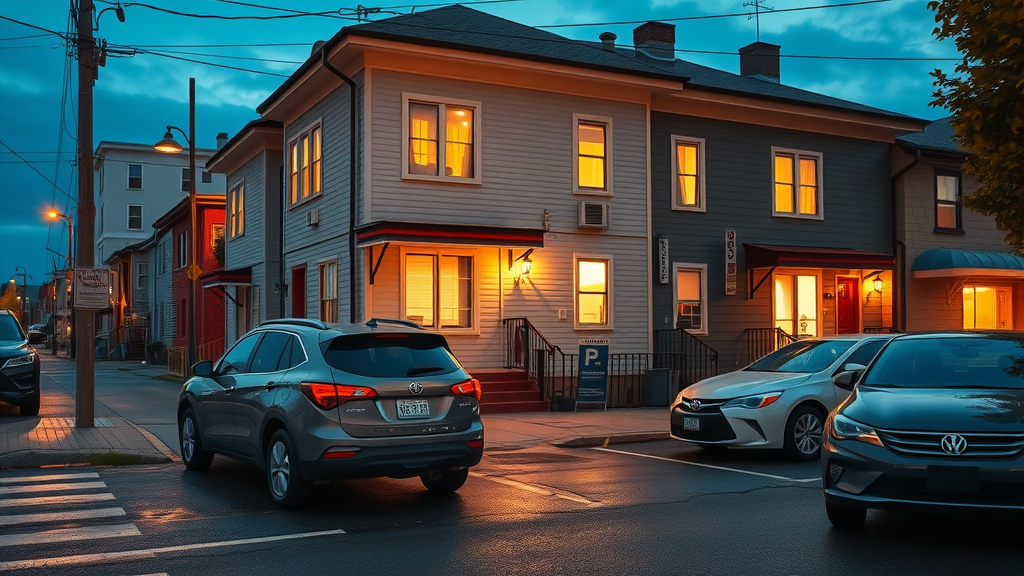
How Local Parking Evolves: From Frustration to Guest-Friendly Solutions
Local governments and guest accommodations in cities like Plymouth have steadily adapted parking systems to suit the needs of visitors and residents alike. Historically, restricted on-street parking often left travellers grappling with meters, fines, and confusing signs. The modern evolution towards guest house-issued parking permits represents a thoughtful response to these challenges, ensuring that guests are welcomed rather than burdened by logistical concerns. This shift has been especially crucial in popular heritage zones, where both the flow of tourism and preservation of local character matter deeply.
As urban tourism increases and car travel remains popular, such solutions are moving from novelty to expectation. Guest houses that navigate these complexities on behalf of their guests embody a new standard of hospitality. Instead of wrestling with city council websites or gambling on street availability, visitors can receive clear instructions, support, and—most importantly—access to their own temporary spot in the community. This innovation isn’t just about parking; it’s about preserving time, energy, and enthusiasm for the things that brought people to the area in the first place.
Practical Advice: Maximising the Value of Your Parking Permit
Making the most of parking permits at a guest house requires some simple but effective steps. First, it pays to book directly through the guest house’s own website or by phone whenever possible, since direct bookings can sometimes secure complimentary permits that save pounds over the course of a stay. Clear communication about your arrival time and travel needs also enables your hosts to guide you towards the best parking arrangements, helping avoid the busiest times and locations. For those arriving late or from ferry connections, letting your hosts know in advance means they can make alternative arrangements, reducing wait times and unnecessary stress.
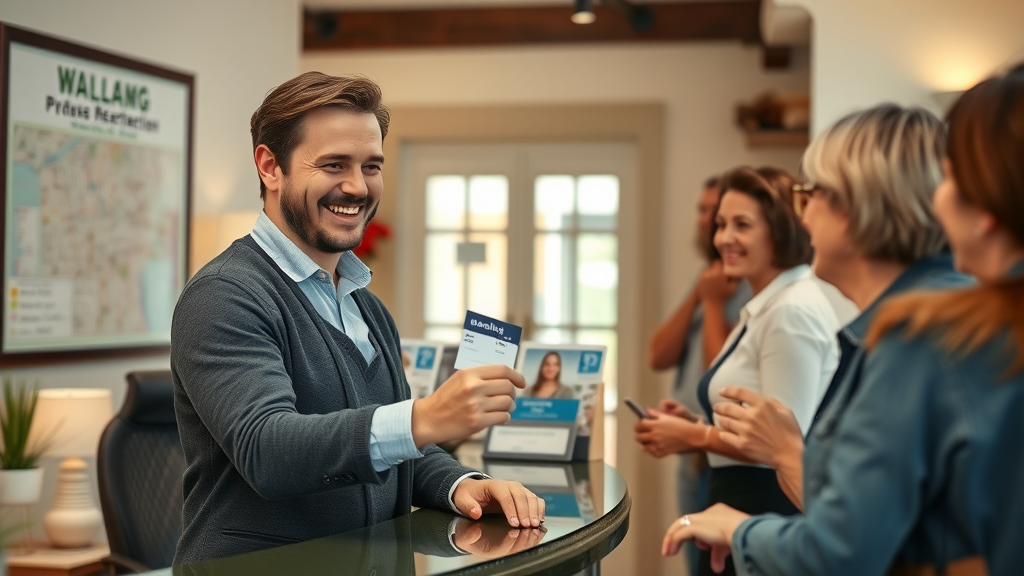
Even a little planning can turn the parking situation from an unpredictable hurdle into a seamless part of your visit. Guests should also keep in mind the limitations of each property—checking how many permits are available, the precise locations they cover, and whether off-site or street-side parking is provided. These insights ensure that, upon arrival, everything is in order and the focus stays where it should: on your time in the city. Ultimately, the assurance of a parking permit provides a subtle but powerful sense of welcome, setting a positive tone before you’ve even stepped inside.
Local Knowledge: Why Understanding the Area’s Parking Landscape Pays Off
Guest houses located near key attractions, such as Plymouth Hoe and the Barbican harbour, are uniquely situated within regulated parking zones. This proximity promises easy access to renowned landmarks, but also means competition for parking spaces is at its fiercest during holidays and weekends. By understanding not only the existence of parking permits but the features of local parking areas—like peak times, distance from accommodation, and off-street options—guests are empowered to make the right choice at the booking stage. This knowledge gives travellers a welcome advantage in city breaks where every minute and pound saved contributes to a better holiday experience.
Barbican Reach’s Approach to Parking: Hospitality Rooted in Practicality
The philosophy behind Barbican Reach’s parking permit strategy is one of thoughtful hospitality and straightforward communication. Rather than treating parking as an afterthought, this guest house incorporates the availability of parking permits directly into its guest experience—making it clear from the moment of enquiry that support is available for those arriving by car. The decision to offer complimentary permits to direct bookers not only illustrates a desire to reward loyal guests but also underlines a willingness to smooth out the details that usually complicate city-centre stays.
Barbican Reach recognises that flexibility, transparency, and a welcoming attitude are critical. Arrangements can be made for guests arriving on ferry timetables or with accessibility needs, demonstrating attention to the diverse circumstances that make up today’s travel landscape. By proactively managing parking realities, Barbican Reach ensures that guests are set up for a positive stay the moment they reach the neighbourhood. Their approach, rooted in practical kindness, positions them as a reliable source of calm in the fast-moving world of city travel.
What Real Guests Say: Validation in Their Own Words
The true measure of a guest house’s success often lies not just in its facilities, but in the impact felt by its visitors—especially regarding practical amenity like parking. When guests reflect on their experience, their stories reveal the real-world value of details that might otherwise go unnoticed.
A lovely friendly and welcoming guest house. Rob and Sue are great hosts and the house is very clean and tidy. Our room had everything we needed and the breakfast was delicious. Would definitely recommend staying here.
This kind of feedback reflects the trust and ease that come from well-executed hospitality, evident right down to practical matters like parking permits. Others contemplating a visit can feel confident that the systems in place are there not only to meet but exceed expectations—turning first-time stays into repeat bookings through attention to every detail.
What Parking Permits for Guest Houses Mean for Future-Friendly Travel
As urban guest houses look toward the future of hospitality, amenities like accessible parking permits grow ever more vital for attracting a wide array of travellers. They bridge the gap between city excitement and restful convenience, enabling guests to embrace both exploration and relaxation. Barbican Reach, through its clarity and considered approach, has become a model for how small accommodations can punch above their weight—adding significant value by resolving this everyday challenge. Making parking permits a core aspect of the guest house experience ensures a welcoming spirit not just in words, but in daily practice. For anyone planning a city break in Plymouth, knowing that their parking worries are handled unlocks the way for every other pleasure their destination can offer.
Contact the Experts at Barbican Reach
If you’d like to learn more about how parking permits for guest houses could benefit your next stay in Plymouth, contact the team at Barbican Reach.
📍 Address: Loma Loma Guest House, 225 Citadel Rd E, Plymouth PL1 2NG, United Kingdom
📞 Phone: +44 1752 220021
🌐 Website: http://www.barbicanreach.co.uk/
Barbican Reach Location and Hours
Business Hours:
Please enquire directly with Barbican Reach for current hours of operation.
